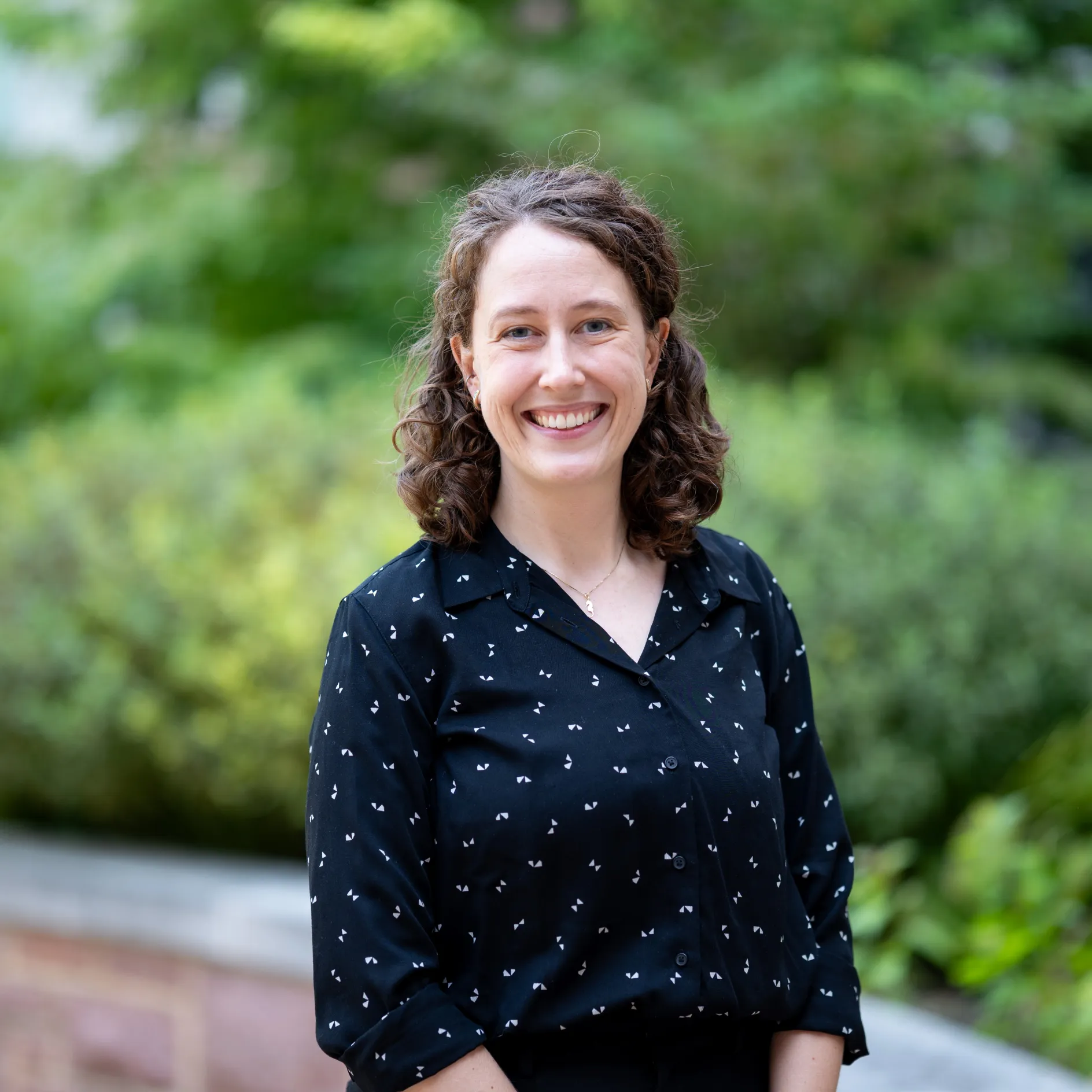Bernadette Myers specializes in the literature and culture of early modern England, with an emphasis on the theater of Shakespeare and his contemporaries. She approaches this period from the perspective of the environmental humanities, a critical movement that explores the dynamic relationship between cultural and environmental forces across history. This approach takes her and her students from libraries and museums to public parks, archaeological sites, and open-air amphitheaters. Through her teaching and research, she advocates for the importance of pre-modern literature in the political and social struggle for a sustainable future.
Myers’ current book project, The Nature of London: Urban Ecology and the Early Modern English Stage, argues that the drama of Shakespeare and his contemporaries shaped early attitudes and expectations about urban sustainability. Drawing on archaeological and historical evidence, The Nature of London reframes the rise of the English theater industry as a product of London’s unique resource limitations and environmental constraints, including rapid population growth, food insecurity, decayed waterways, air pollution, and a shortage of space to bury the dead. At the same time, the project illuminates how these pressing socioecological issues were identified, contested, and reimagined through dramatic form. Ultimately, The Nature of London argues that early modern plays articulate a nuanced understanding of London’s environment as a co-fabrication between human and nonhuman forces, even before the terms “ecology” or “sustainability” had emerged in scientific discourse.
An article taken from The Nature of London has been published in Shakespeare Quarterly. Other articles and reviews on archive theory and premodern ecologies have been published in the Journal of Contemporary Archival Studies, Modern Language Quarterly, and ISLE: Interdisciplinary Studies in Literature and the Environment. Her next two projects will deepen the temporal and geographical range of her research. The first will build on new work in the energy humanities to excavate a literary history of coal before the Industrial Revolution. The second is a comparative investigation of what she calls “climate envy” across English and Italian 16th-century drama.
Prior to joining WashU, Myers was a postdoctoral fellow at NYU’s Gallatin School for Individualized Study, where she taught interdisciplinary courses on Shakespeare, environmentalism, and urban studies. She completed her PhD at Columbia University in 2021 and her BA at the University of Kansas in 2013. Her research has been supported by the Folger Shakespeare Library and the Shakespeare Association of America, which awarded her the J. Leeds Barroll Dissertation Prize in 2022.
